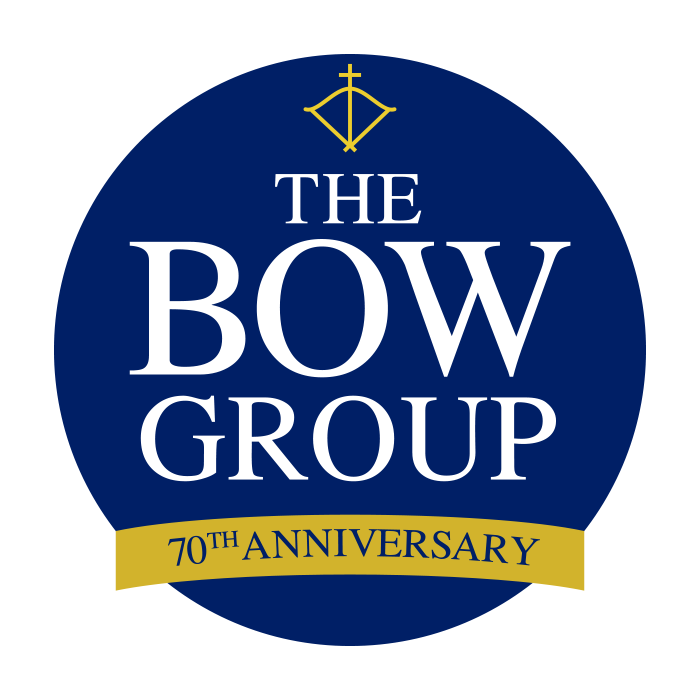Jacob Zenn calls for British military and diplomatic support in the fight against terrorists threatening the largest Commonwealth nation in Africa
An ally of the UK and US for over 50 years, Nigeria has long been West Africa’s regional powerhouse. But today the country is facing a threat to its sovereignty unlike any other since independence in 1960. The West, and particularly Britain, has the moral, security and economic obligations to work with Nigeria to overcome this crisis.
The challenge is Boko Haram, the ISIS of West Africa. Boko Haram confirmed this when its leader, Abu Shekau, declared parts of northeastern Nigeria to be an Islamic Caliphate on August 14. Three weeks before this, Shekau announced support for ISIS leader Abu Bakr al-Baghdadi. He also promised to revive the pre-colonial practice of kidnapping non-Muslim girls and selling them as slaves after Boko Haram kidnapped more than 250 schoolgirls, mostly Christians, from the town of Chibok on April 14. Reports continue to surface of more girls forcibly ‘married’ to Boko Haram militants, young boys stolen and conscripted into Boko Haram’s ranks, and Boko Haram marking the doors of Christians – a practice modelled after ISIS in Iraq – before slaughtering hem.
I published a report with the Bow Group on the 100-day anniversary of the Chibok kidnapping. I recommended the UK, US and other Western countries lead a coalition to track Boko Haram’s funding sources and break its inter-national connections. Countries ranging from India to Egypt are believed to host traffickers of arms and drugs to Boko Haram from their territories that fund and supply the insurgency in Nigeria. These countries, too, could join this effort.
My report stated with regret that the US State Department under Hilary Clinton did not designate Boko Haram as a terrorist organisation until November 2013, delaying the possibility of a financial crackdown on the group. The UK, for its part, designated Boko Haram and its al-Qaeda-trained faction, Ansaru, as terrorist groups in 2012 after the kidnap and murder of two engineers, a Briton and an Italian, in northwestern Nigeria. But since then, Boko Haram and Ansaru have kidnapped more UK, French, German, Italian, Lebanese and Chinese citizens, including nuns, priests, and children, and received millions of dollars in ransom money. In July 2014, Boko Haram began deploying teenage girls as suicide bombers to attack fuel depots that supply international markets, including one in Lagos, in horrors that should only strengthen our moral resolve to act.
The West will have to coordinate with its Nigerian partners. However, President Goodluck Jonathan says there are Boko Haram collaborators in his government. Some opposition politicians have also been tied to Boko Haram through phone calls. This increases the risk that intelligence and supplies shared with the Nigerian security forces could leak into the wrong hands.
To overcome this concern, President Jonathan should increase transparency and try collaborators and captured Boko Haram leaders in the court of law. Nigeria also needs to improve transparency about military procurement in the face of criticism from soldiers who say they are under-equipped to combat Boko Haram with its weapons from Libyan stockpiles. This transparency will assure Western allies that military aid will be used effectively.
The West also needs to exercise leadership in organising a regional counter-insurgency strategy with Nigeria and its neighbours, Chad, Cameroon and Niger. These three countries recognise they are conduits for Boko Haram’s smuggling, training, financing and recruiting. Commendably , in the past year they have begun cracking down on Boko Haram, but their cooperation would be more effective if parlayed with Western leadership, oversight and training.
Satellite imagery from the West can also track Boko Haram’s convoys in the desert before the militants massacre civilians, attack military barracks, or kidnap children. This is no easy task with Boko Haram operating in three states of northeastern Nigeria (whose combined size, of 150,000 km2, is larger than the UK). But aerial intelligence is one of the best ways to alert Nigeria about Boko Haram movements before attacks without putting Western boots on the ground.
There should be no false equivalencies about who is at fault for the crisis in Nigeria. Boko Haram’s strategy is to kill, kidnap, and cleanse, especially Christians.
It engages in combat in civilian areas so that innocents are the first casualties in the crossfire. When it gains controls of a town, it destroys the schools, churches, and government offices. Grievances in Nigeria about corruption and impunity must be respected, and it is up to the government to clean up its own house. But Boko Haram’s actions are no means of addressing such grievances. The group represents only terror.
Though Nigeria has been caught off guard by the brutality of Boko Haram, its people can rally together. Despite divisions between north and south, Muslim and Christian, and the country’s ethnic groups, the people are showing a patriotic instinct, with 57% approving of the wartime President and key Muslim leaders, such as the sultan of Sokoto, denouncing Boko Haram’s use of Islam to justify genocide.
The West must exercise leadership now. It starts with cutting off funding to Boko Haram, providing intelligence to Nigeria and its neighbours, and demanding transparency in exchange for Western military support. It ends with Boko Haram being defeated military and its ideology being discredited. Boko Haram is not a local, isolated, and disorganised insurgency. It is part and parcel of the networks terrorist groups like ISIS that share strategies, funding, and arms. Finishing off Boko Haram will also mean eliminating the most violent African branch of this global network.
Jacob Zenn is an Associate Fellow of the Henry Jackson Society and the Jamestown Foundation
This article was originally published in Crossbow, the Bow Group Magazine – Conference 2014 on 27/09/2014. Published online 05/12/2016
